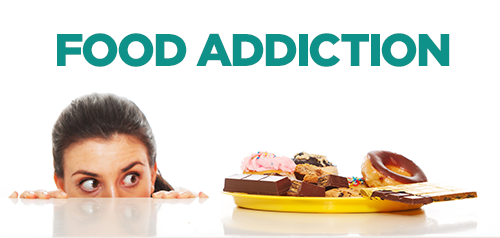
Food Addiction Treatment
Food Addiction Treatment Success Stories and Outcomes – Best rehabilitation center in Islamabad, Pakistan
Food addiction is a multi-layered health disorder that impacts physical health, emotional wholeness and quality of life. Hearing real food addiction treatment success stories and results can sometimes provide hope and


